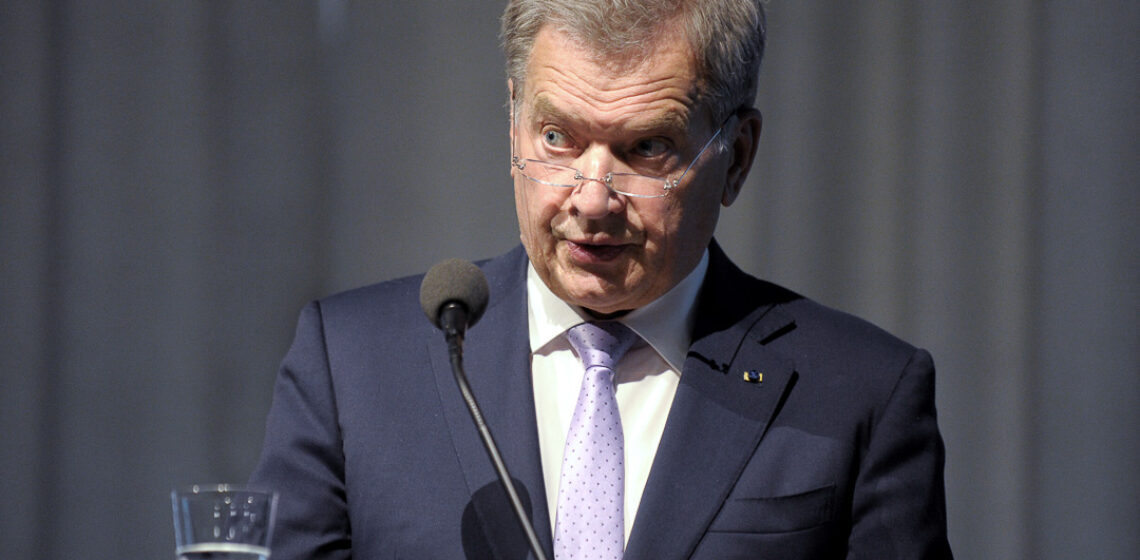The most far-reaching news of the weekend may have come from the Far East. The Regional Comprehensive Economic Partnership (RCEP), approved in Hanoi on Sunday, has already been characterised as the world’s largest free trade agreement. The prime minister of China appears to have described the new agreement as a victory for both multilateralism and free trade.
The depth of its impact on pure trade policy remains to be seen. What is noteworthy is the range of signatories. The numbers say a lot. The RCEP covers almost a third of the world’s population and economic output.
But even more significant is the fact that, alongside the ten ASEAN countries and China, the same agreement also includes Australia, South Korea, Japan and New Zealand. India is still missing from the group, but the door was clearly left open also for its accession.
Thus democracies we have been accustomed to consider as part of a geographically detached “West”.
In a world marked by great power competition, where multilateralism is being put to the test, there has been talk of the need to strengthen both the voice of the “West” and cooperation between democracies. Led by Germany and France, an alliance defending multilateralism was launched last year. Following the inauguration of President Biden, the United States is expected to convene a summit of democracies.
The RCEP agreement was not concluded overnight, of course. It took nearly a decade to negotiate. But the timing of its signing gives food for thought.
In the struggle for global influence, geographical distance loses its significance. Even distant upheavals can quickly seem close at hand.


